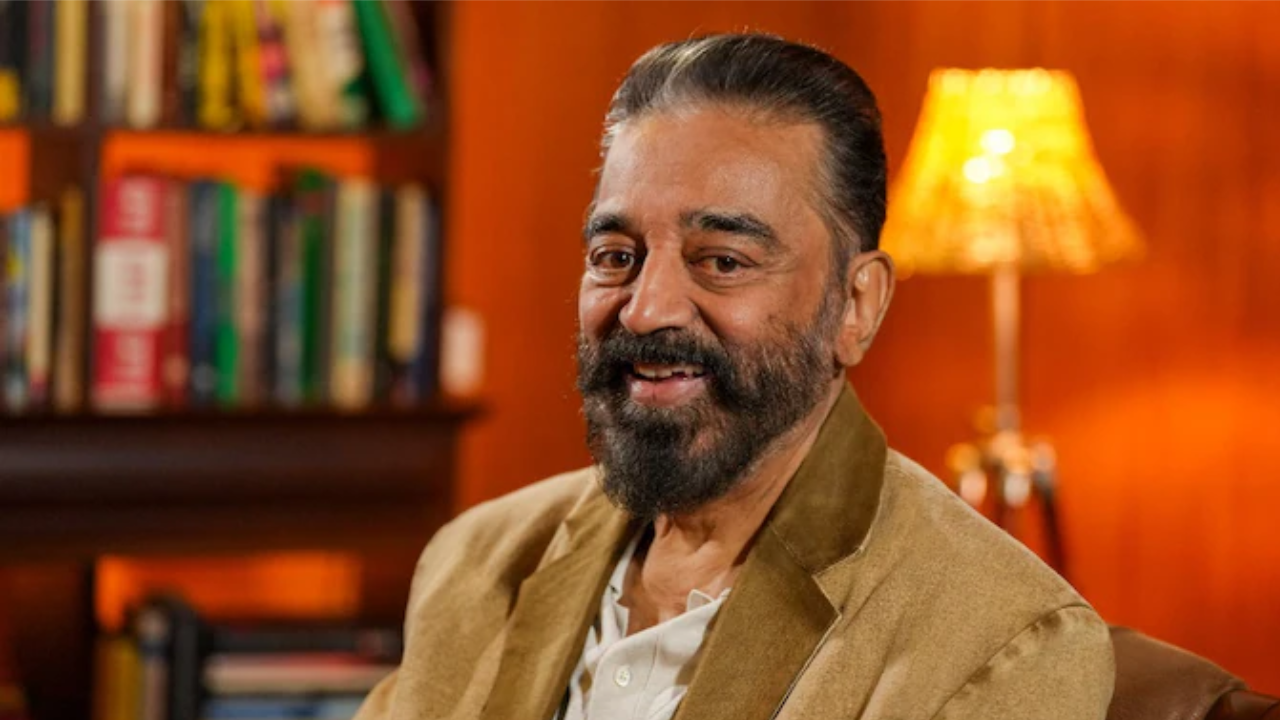Exhibitors in AP and Telangana Postpone Theatre Strike In Wake of Major Releases
Updated on: 22 May, 2025 12:56 PM IST |Amruta Karulkar

AP and Telangana Theatre Strike Postponed
A brewing storm in the Telugu film industry has found a temporary calm. Single-screen theatre exhibitors in Andhra Pradesh (AP) and Telangana, who were poised for a strike, have decided to postpone their protest. This decision comes as a breather for producers and distributors, especially with major films lined up for release. The core of the conflict lies in the exhibitors` demand for a revised revenue model, which they believe is crucial for their survival.
This disparity has led to growing discontent among single-screen owners, many of whom have had to shut down or convert to the multiplex model over the last two decades. Facing what they describe as an existential threat, these exhibitors are now demanding that the percentage-sharing model be extended to them. They argue that the current fixed rental system is unsustainable, especially given fluctuating audience turnouts and rising operational costs.
The demand for a uniform revenue-sharing model has sparked debate within the industry. While exhibitors see it as a lifeline, some industry insiders express reservations. “If this model is implemented for single screens, small movies would get killed," said a source in the Telugu film industry.
"The exhibitors have come up with this demand because there are no big-ticket movies now, and whenever a star movie releases, it will help them get a good chunk of revenue from the collection. The star movies get a good number of shows and also good collections. For smaller movies, this model may not work well, as they do not see such great collections. There is a chance that single-crew theatres will treat small and big movies differently and opt for star-driven films, thereby pushing low-budget movies to a disadvantage. A single screen will no more be a level playing field,” the source added.
Adding to their grievances, exhibitors are also upset about the shrinking theatrical window for new movies, as films quickly move to OTT platforms. They are seeking discussions to address this practice as well.
Also Read: "I Knew This Was Magic," Says Trisha on Kamal Haasan Romance in `Thug Life`
Recognising the significant box office potential of these upcoming movies, exhibitors have decided to temporarily call off the bandh. A recent meeting between Telugu film producers and the exhibitors’ association to discuss the revenue share model was reportedly inconclusive. However, an unofficial interim agreement led to the postponement of the strike.
The Telugu Film Chamber of Commerce (TFCC) chairman, Dr Pratani Ramakrishna Goud, has officially called upon the governments of both Telugu states to intervene. He urged for the reintroduction of the percentage system, which was reportedly in practice until 2002, stating it would benefit producers, exhibitors, and distributors alike, fostering more opportunities for budding producers.
While the immediate crisis appears to have been averted, the underlying issues remain. The coming weeks will be crucial in determining if a long-term, mutually agreeable solution can be found to ensure the sustainability of single-screen theatres in the Telugu states.
Also Read: Nayanthara Joins Chiranjeevi for Mega157: A Major Telugu Cinema Comeback
The Contentious Revenue Models
For years, a divide has existed in how single-screen theatres and multiplexes earn revenue in AP and Telangana. Single-screen operators, numbering over 1500 in both states, are typically paid a fixed rent for screening films for a specified duration. In contrast, multiplexes operate on a percentage-based share of ticket collections.This disparity has led to growing discontent among single-screen owners, many of whom have had to shut down or convert to the multiplex model over the last two decades. Facing what they describe as an existential threat, these exhibitors are now demanding that the percentage-sharing model be extended to them. They argue that the current fixed rental system is unsustainable, especially given fluctuating audience turnouts and rising operational costs.
The demand for a uniform revenue-sharing model has sparked debate within the industry. While exhibitors see it as a lifeline, some industry insiders express reservations. “If this model is implemented for single screens, small movies would get killed," said a source in the Telugu film industry.
"The exhibitors have come up with this demand because there are no big-ticket movies now, and whenever a star movie releases, it will help them get a good chunk of revenue from the collection. The star movies get a good number of shows and also good collections. For smaller movies, this model may not work well, as they do not see such great collections. There is a chance that single-crew theatres will treat small and big movies differently and opt for star-driven films, thereby pushing low-budget movies to a disadvantage. A single screen will no more be a level playing field,” the source added.
Adding to their grievances, exhibitors are also upset about the shrinking theatrical window for new movies, as films quickly move to OTT platforms. They are seeking discussions to address this practice as well.
Also Read: "I Knew This Was Magic," Says Trisha on Kamal Haasan Romance in `Thug Life`
Strike Averted, For Now
A section of exhibitors in AP had initially called for a shutdown of theatres from June 1, 2025, if their demands weren`t met. This threatened to derail a promising June release slate, which includes big-ticket films like Pawan Kalyan’s Hari Hara Veera Mallu (slated for a June 12 release) and Kamal Haasan’s Thug Life (expected June 5). Other significant releases like Dhanush’s Kuberaa and Vishnu Manchu’s Kannappa also faced potential disruption.Recognising the significant box office potential of these upcoming movies, exhibitors have decided to temporarily call off the bandh. A recent meeting between Telugu film producers and the exhibitors’ association to discuss the revenue share model was reportedly inconclusive. However, an unofficial interim agreement led to the postponement of the strike.
The Telugu Film Chamber of Commerce (TFCC) chairman, Dr Pratani Ramakrishna Goud, has officially called upon the governments of both Telugu states to intervene. He urged for the reintroduction of the percentage system, which was reportedly in practice until 2002, stating it would benefit producers, exhibitors, and distributors alike, fostering more opportunities for budding producers.
While the immediate crisis appears to have been averted, the underlying issues remain. The coming weeks will be crucial in determining if a long-term, mutually agreeable solution can be found to ensure the sustainability of single-screen theatres in the Telugu states.
Also Read: Nayanthara Joins Chiranjeevi for Mega157: A Major Telugu Cinema Comeback
ADVERTISEMENT
What's your weekend vibe?
ADVERTISEMENT



















